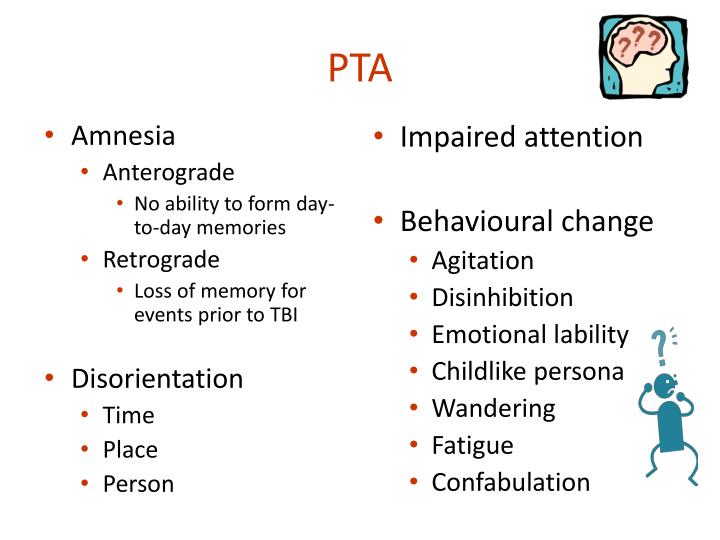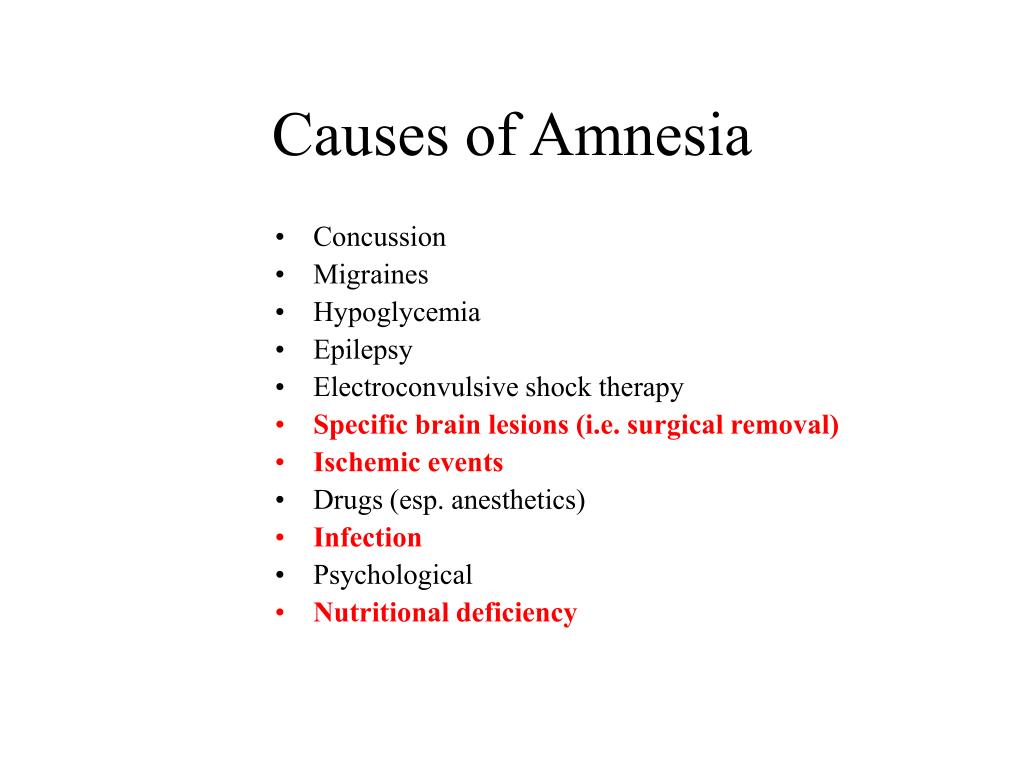

Sleeping pills can cause amnesia (memory loss) and severe psychiatric side effects such as behavioral change, sleep disturbance, and depression. Examples include zolpidem (Ambien), zaleplon (Sonata), and eszopiclone (Lunesta).Īlthough sleeping pills are not the same as benzodiazepines, they affect some of the same brain chemical messengers and nerve pathways in the central nervous system. Non-benzodiazepine sedative-hypnotics are a drug class used to treat insomnia, commonly referred to as sleeping pills. Older adults are at increased risk of adverse effects from anticholinergic drugs due to their reduced kidney and liver functions. The risk of memory loss from anticholinergic medications is higher when used long-term or taken with other anticholinergic drugs. However, anticholinergic agents can also affect the central nervous system, specifically the memory and learning centers in the brain. An anticholinergic drug can relieve symptoms of urinary incontinence by preventing involuntary contractions or spasms of bladder muscles.
#Drugs that cause temporary amnesia skin
Besides prescription drugs, Oxytrol for Women is an anticholinergic skin patch available over the counter.Īnticholinergic drugs work by blocking the action of acetylcholine, an important chemical messenger involved in many functions in the human body.

Examples of incontinence drugs include oxybutynin (Ditropan XL, Oxytrol, Gelnique), darifenacin (Enablex), solifenacin (Vesicare), trospium (Sanctura), and tolterodine (Detrol). Anticholinergic MedicationsĪnticholinergic drugs are used to treat overactive bladder and urinary incontinence. A buildup of benzodiazepines can lead to memory loss, delirium, and other cognitive issues. Benzodiazepines are prescribed to older adults with caution because they stay in their systems longer due to their reduced kidney and liver function. Examples include diazepam (Valium), alprazolam (Xanax), clonazepam (Klonopin), chlordiazepoxide (Librium), lorazepam (Ativan), and temazepam (Restoril).īenzodiazepines slow down activity in the central nervous system, including areas of the brain involved with the transfer of short-term memory to long-term memory. Benzodiazepinesīenzodiazepines are anti-anxiety drugs used to treat anxiety, insomnia, delirium, agitation, and muscle spasms. We'll describe some commonly prescribed medications that can affect memory or cause memory loss in the following paragraphs.

Some medications have been linked to Alzheimer’s and other dementias. What prescription drugs are linked to memory loss?īoth over-the-counter and prescription drugs can cause memory problems as side effects. Please continue reading to learn about some medications that may cause memory loss. But what most people don’t know is that many commonly prescribed medications also can affect memory. Some things are known to cause memory problems and cognitive symptoms, such as alcohol and drug abuse, stroke, head injuries, sleep deprivation, vitamin B12 deficiency, severe stress, and conditions such as Alzheimer's disease. The human brain can grow new brain cells and form new nerve connections well into old age. But experts say that memory loss and declining cognitive health are not inevitable with age. Further investigation of these forms of memory impairment promises to shed light on processes of human memory.As efforts are being poured into treating more acute conditions, memory problems, memory loss, confusion, and a decline in cognitive abilities are often overlooked as a normal part of aging. Accelerated long-term forgetting and autobiographical amnesia, which are invisible to standard memory tests, help to explain the discrepancy between normal test performance and prominent memory complaints among patients with epilepsy. Transient epileptic amnesia is an under-recognized but treatable cause of transient memory impairment. Further work is required to establish whether the interictal memory impairment is due to physiological or structural disturbance.

The seizures respond promptly to treatment, whereas the interictal impairments generally persist. The seizure focus lies in the medial temporal lobes. It is associated with novel forms of interictal memory disturbance: accelerated long-term forgetting, remote memory impairment, especially affecting autobiographical memory, and topographical memory impairment. Transient epileptic amnesia is a distinctive syndrome of temporal lobe epilepsy principally affecting middle-aged people, giving rise to recurrent, brief attacks of amnesia, often occurring on waking. Recent research has established that this is indeed the case, and indicates that characteristic varieties of interictal memory disturbance co-occur with this form of epilepsy. Case reports over the past 100 years have raised the possibility that epilepsy can manifest itself in episodes of amnesia.


 0 kommentar(er)
0 kommentar(er)
